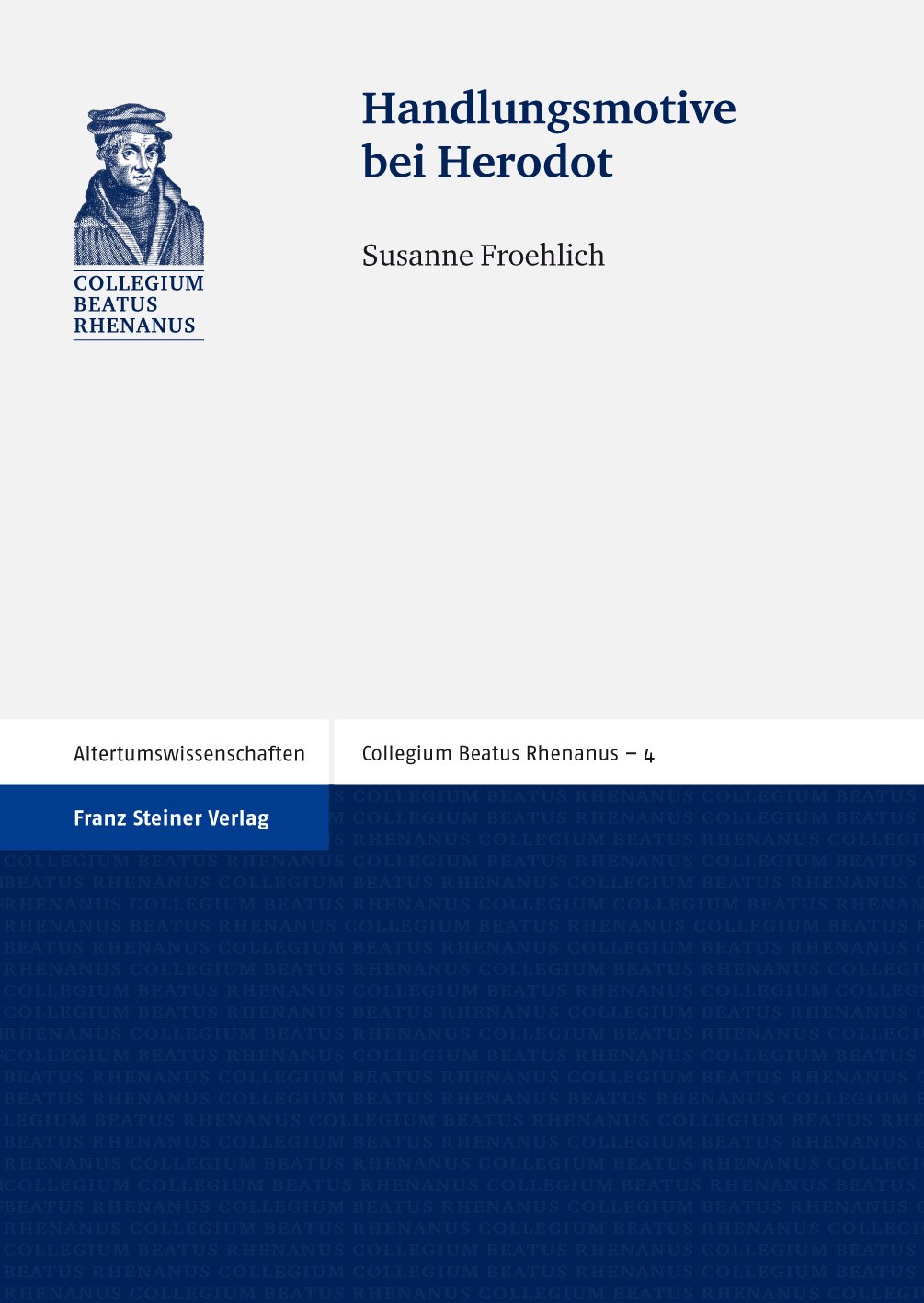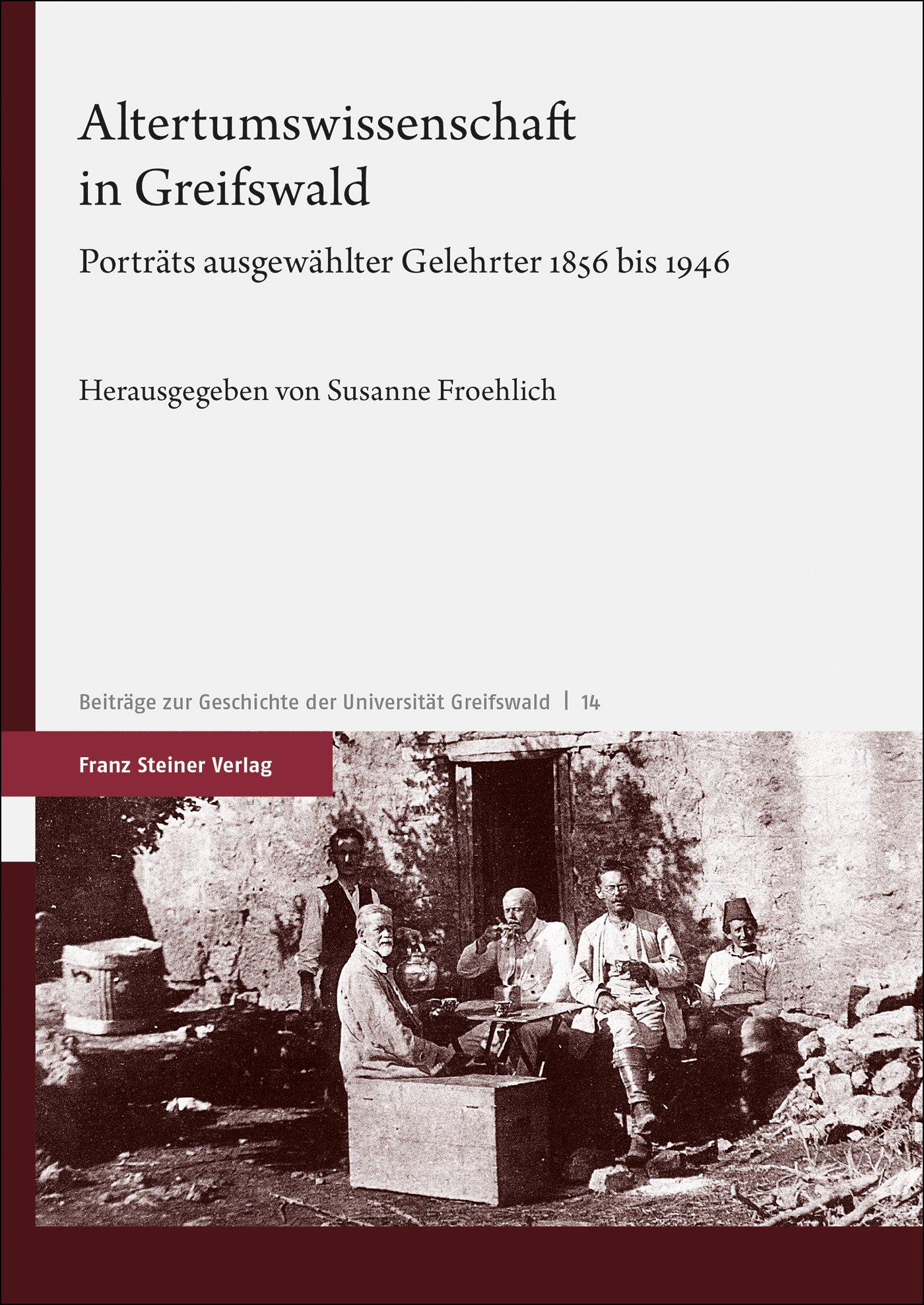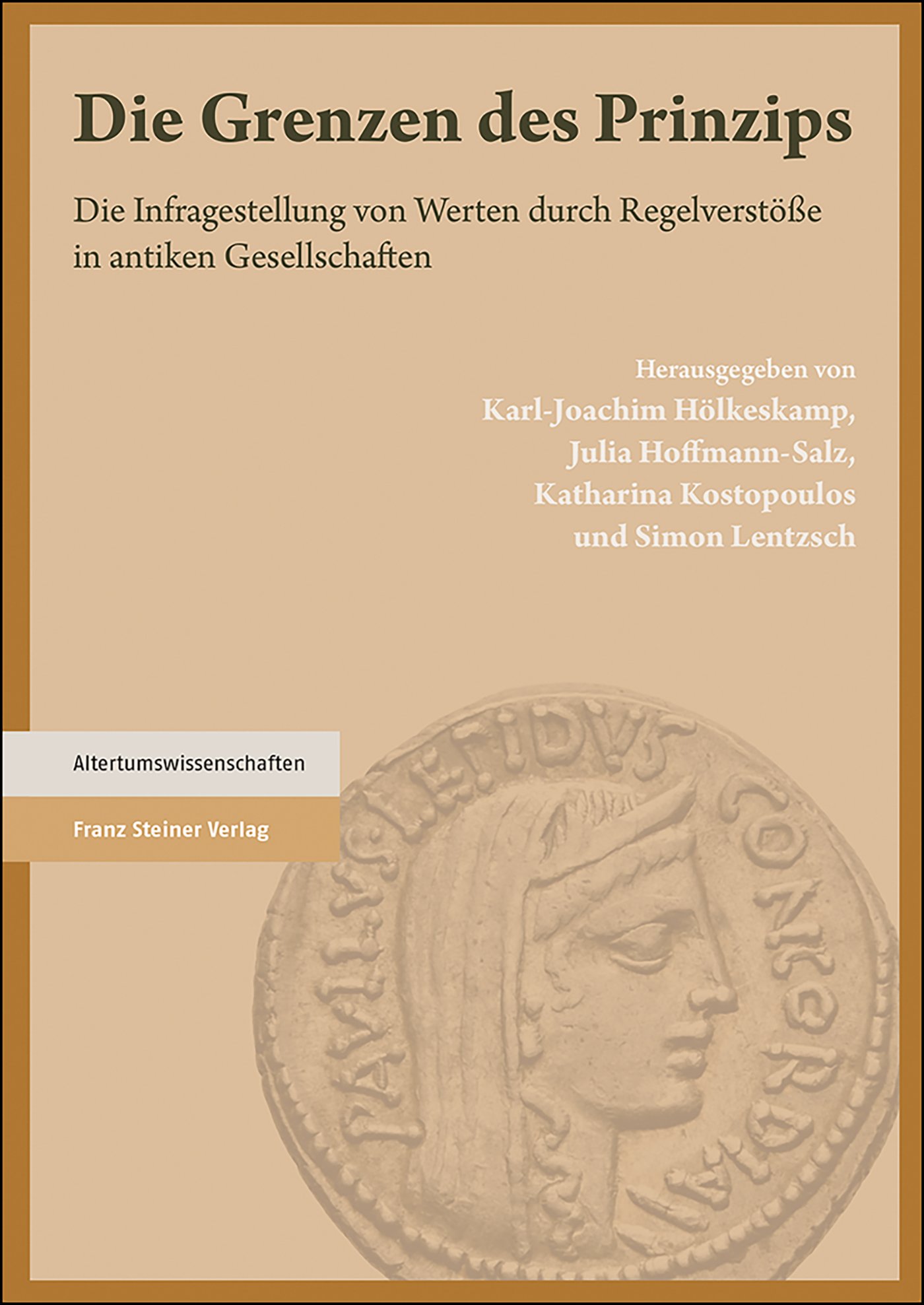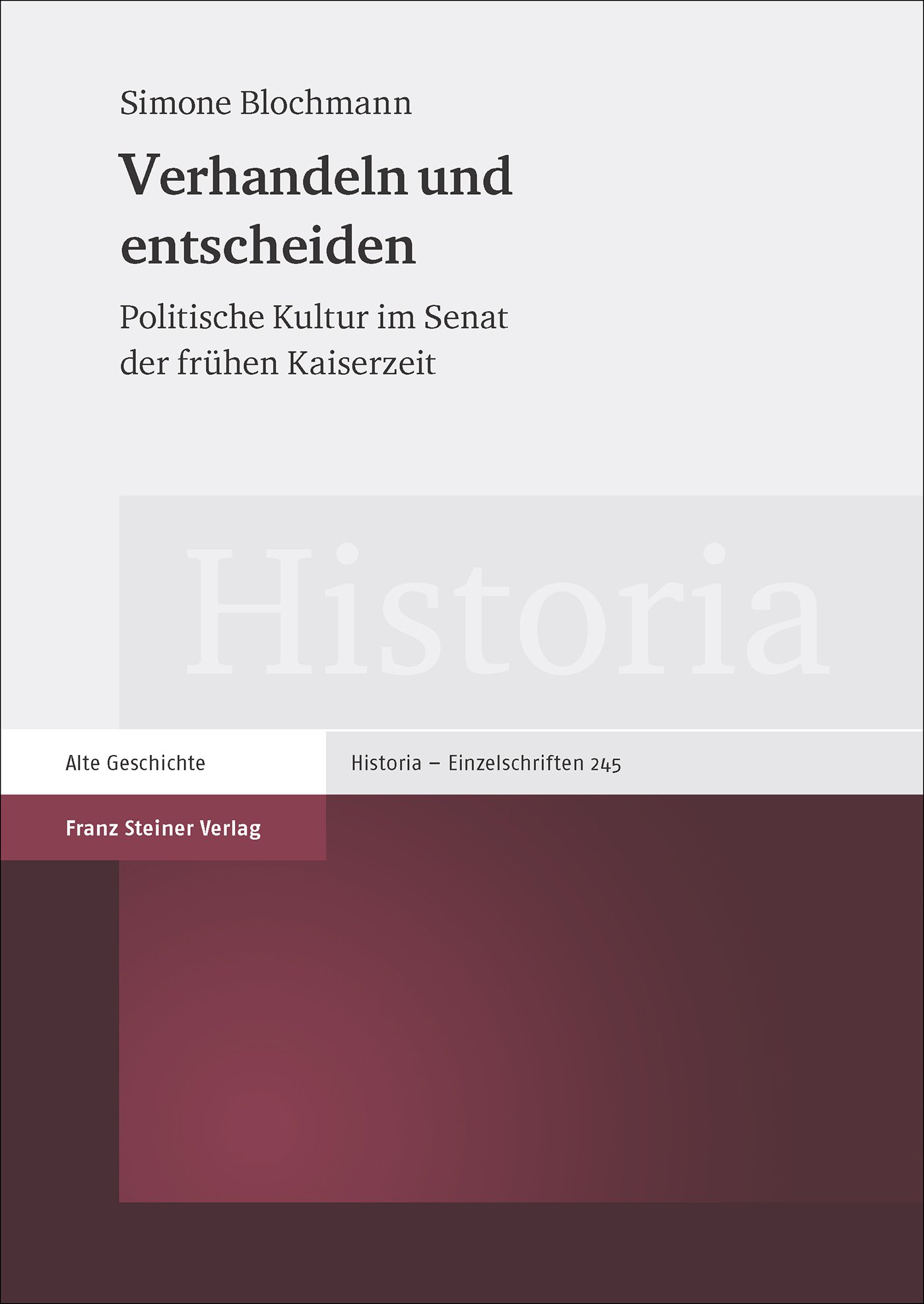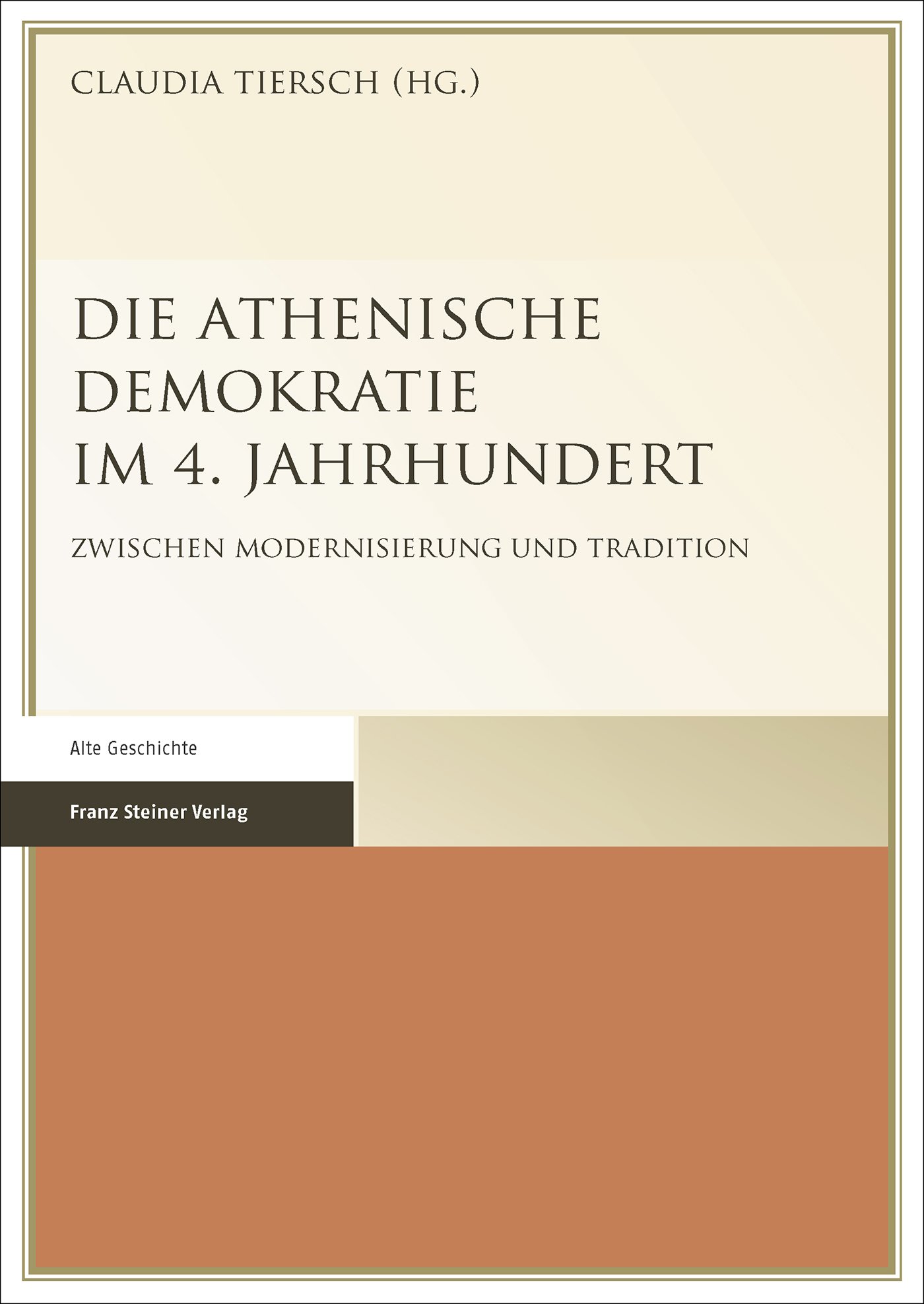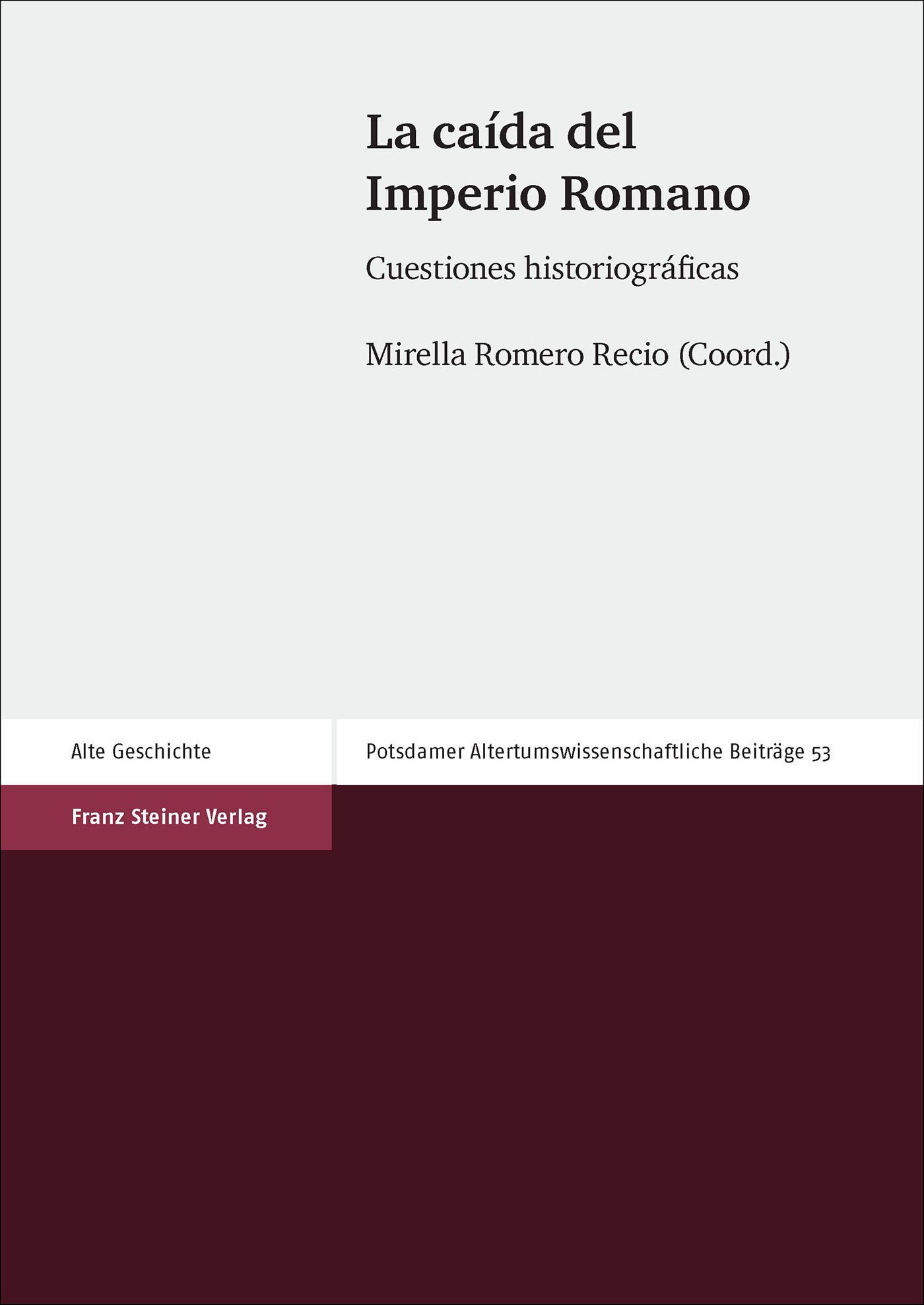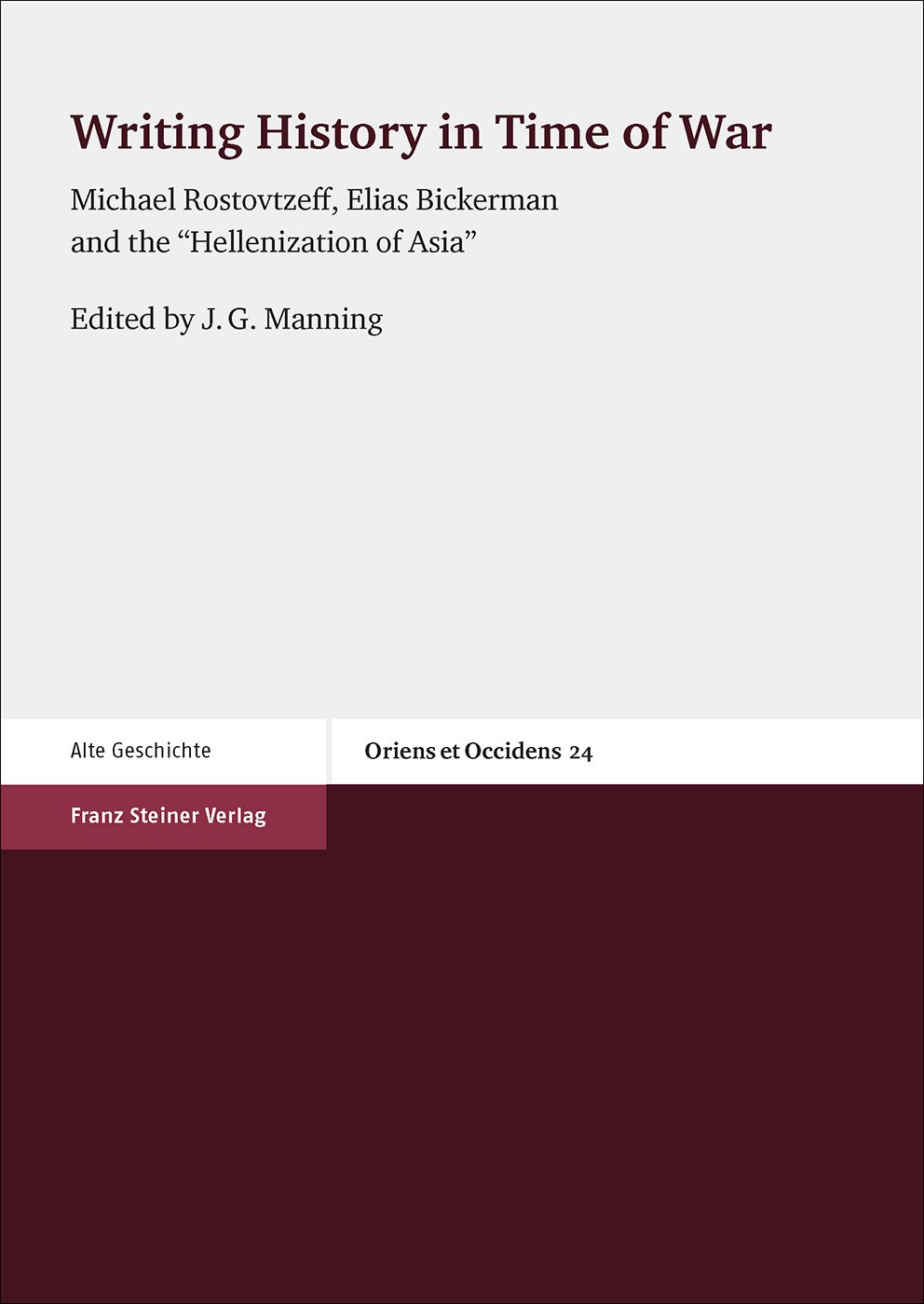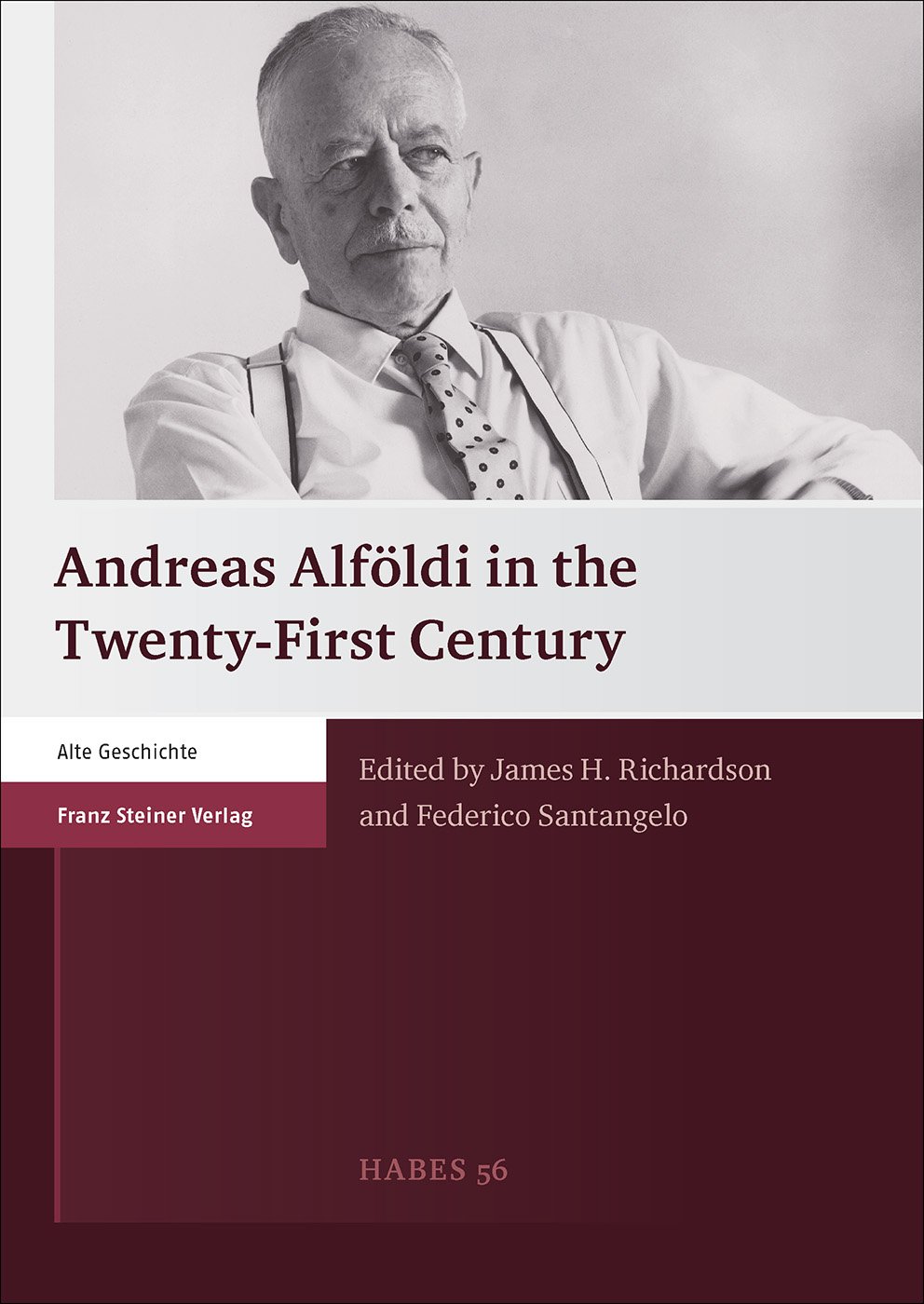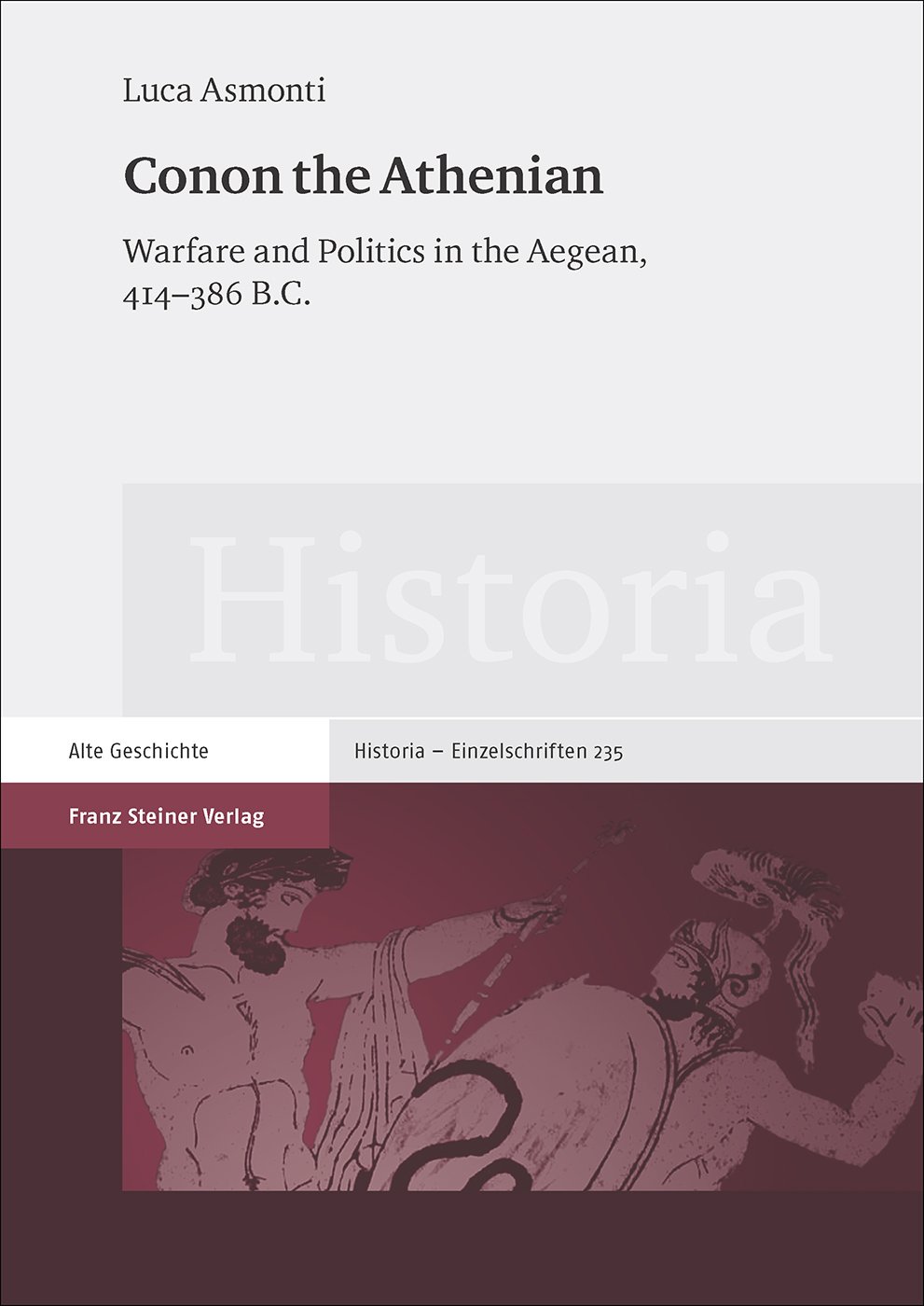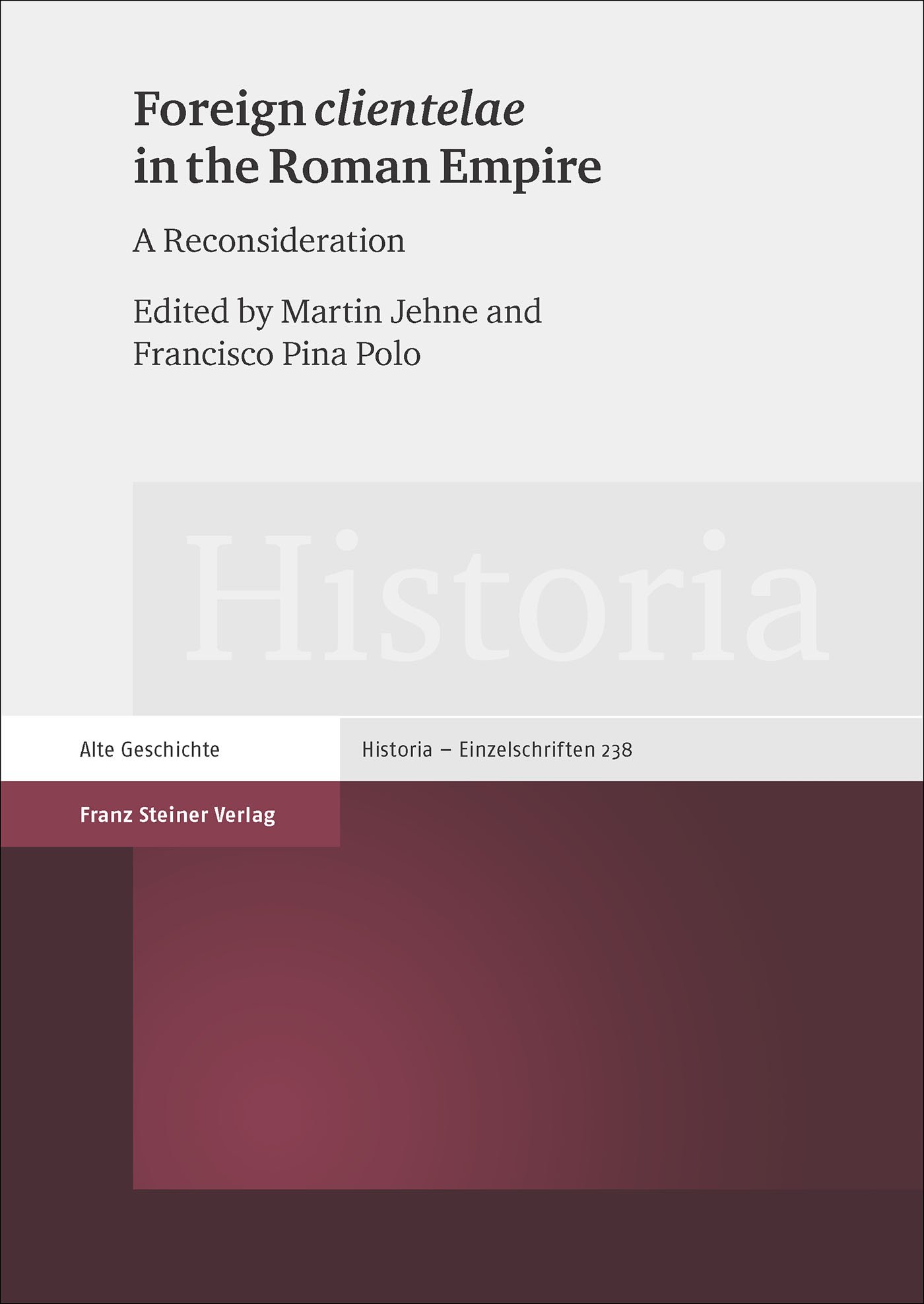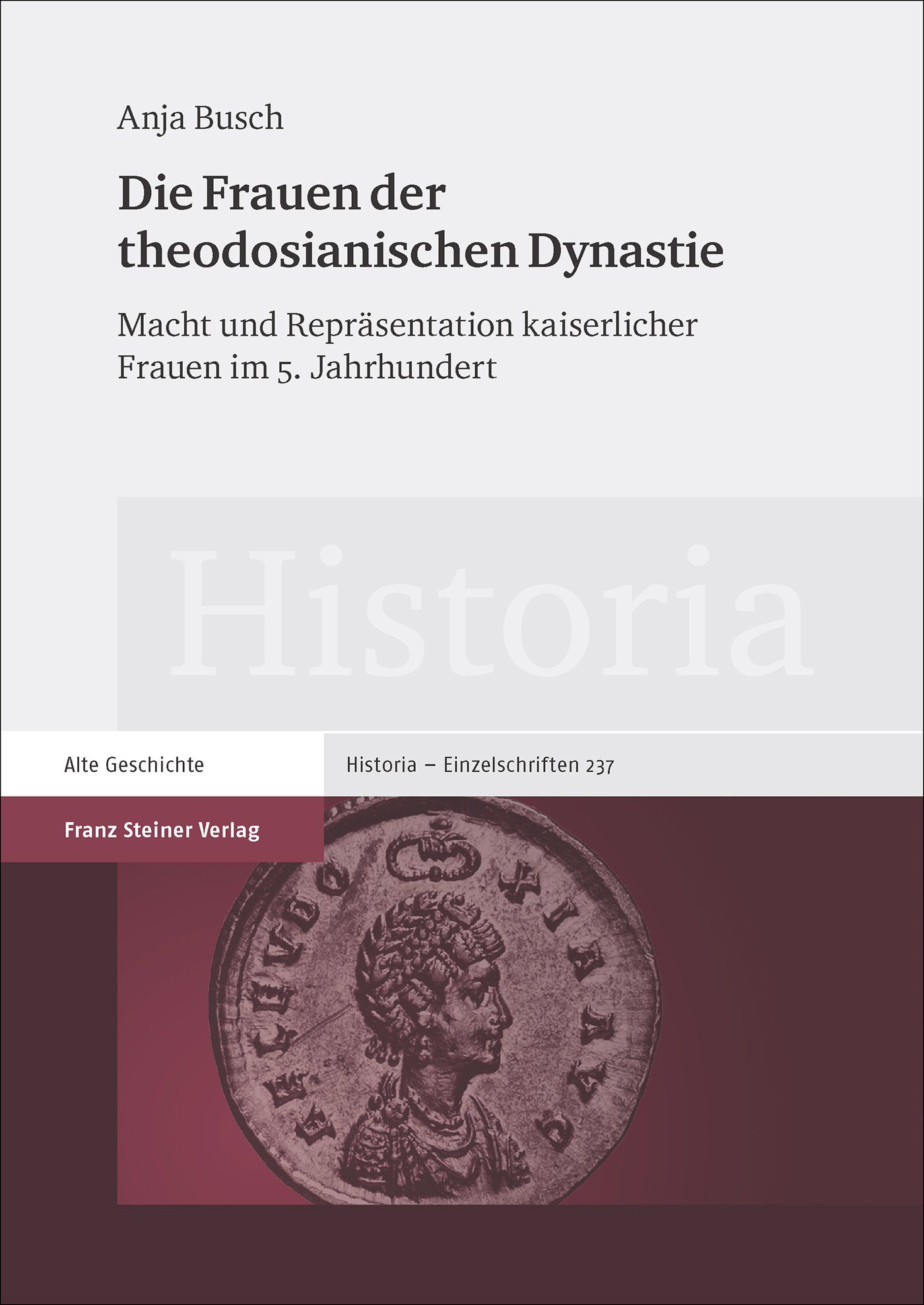Handlungsmotive bei Herodot
Wie kam Xerxes zu seiner fatalen Kriegsentscheidung? Die Frage nach den Handlungsmotiven ist für den griechischen Geschichtsschreiber Herodot grundlegend. Als interpretierender Erzähler greift er auf ein differenziertes Inventar von Beweggründen zurück und entwickelt feste Erklärungsmuster, um die Entscheidungen seiner Akteure nachvollziehbar zu machen. Susanne Froehlich analysiert die von Herodot benutzten Motive sowie ihre erzählerische Umsetzung und bezieht dabei die historischen Kontexte mit ein. Auf diese Weise wird die Arbeitsweise Herodots und seine Auseinandersetzung mit den konkurrierenden Geschichtsdeutungen, die im fünften Jahrhundert v. Chr. in Griechenland kursierten, näher beleuchtet. Die Untersuchung zeigt, daß Thukydides in seinem Werk die bei Herodot vorgegebene Entwicklung aufgreift und weiterführt, und leistet damit einen Beitrag zum besseren Verständnis der beiden großen Geschichtsschreiber.
“This book will serve as an important stepping-stone for those who will continue to explore the ways in which Herodotus presents the past.”
Mathieu P. de Bakker, Sehepunkte 14,3 (2014)
“...le livre de [Susanne] Froehlich contribue d'une manière significative à notre compréhension de l'œuvre d'Hérodote.”
Julien Delhez, L‘ Antiquité Classique 86, 2017
“Susanne Froehlich sets out to accomplish two goals in this book, a revised version of her Dissertationsschrift: to compile an inventory of the motives Herodotus ascribes to the actors in his work – historical, mythical, or divine – and to find patterns in his explanations of the decisions those actors made. But Froehlich's interest, and the questions she asks, go much deeper. Why was Herodotus so concerned with motives? Where did he find the ascriptions of motive he provides, and to what extent are they the result of his own thinking? What relationship do the ascriptions of motive have with his narrative art? How does Herodotus’ procedure compare with other fifth-century Greeks who attempted to explain the past? Her proposed answers to these questions, as well as the catalogue of motives she produces, contribute valuable insights into Herodotus’ working method.”
Christopher Baron, Histos 9, 2015
“[…] the work as a whole is a stimulating and sensitive addition to the current scholarly discussion, in particular in its treatment of Herodotus as an alert and active member of his own intellectual generation. The issues it raises are important ones, and the data amassed here as well as many of the conclusions drawn from it can serve as the basis for interesting scholarly discussion in the future.”
Carolyn Dewald, Mnemosyne 68, 2015
„[Die Studie bietet] einen ausführlichen und überzeugenden Beitrag zur herodoteischen Erzählungs- und Erklärungskunst.“
Jakub Kuciak, Electrum 21, 2014
| ISBN | 978-3-515-10508-8 |
|---|---|
| Media type | eBook - PDF |
| Edition number | 1. |
| Copyright year | 2013 |
| Publisher | Franz Steiner Verlag |
| Length | 226 pages |
| Language | German |
| Copy protection | digital watermark |
